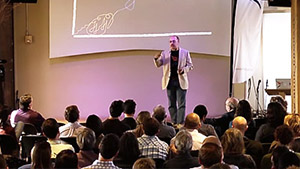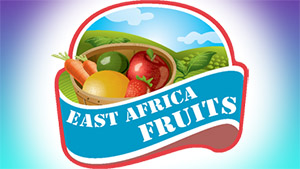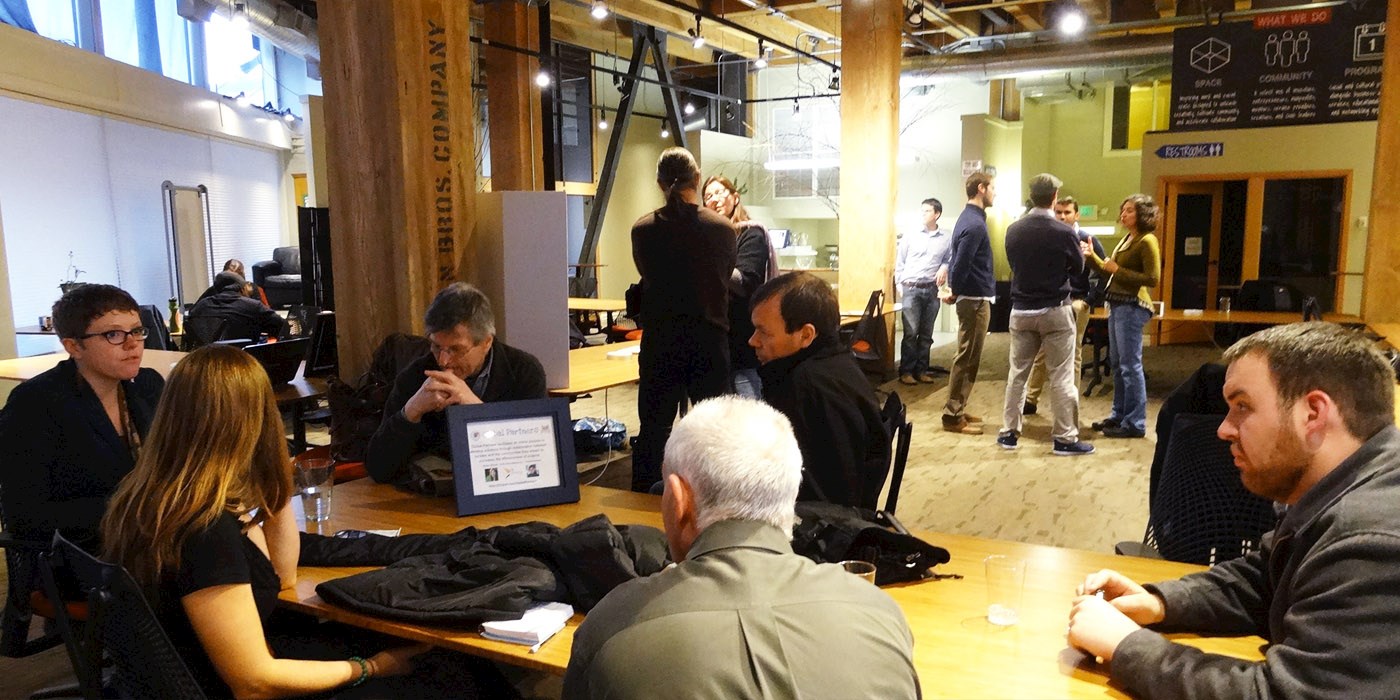Every year, nearly 330 billion pounds of food goes bad in Sub-Saharan Africa because of insufficient storage facilities. Elia Timotheo believed the problem could be solved through the creation of cold-storage facilities and refrigerated transportation networks.
Carnegie Mellon University alumnus Michael “Luni” Libes, the founder and managing director of the startup accelerator Fledge, was impressed with Timotheo’s entrepreneurial spark. His endeavor meshed well with the goal of Fledge, which is to mentor for-profit startups that will make the world a better place.
“Most people make plans using the resources they have,” Libes said. “But entrepreneurs, like Elia, make plans ignoring the resources they have, making a list of the resources they need, and then they find a way to go get them.”

Libes should know. Since the computer science major earned his degree in 1991, he has founded six startups. He recalls receiving his own mentoring at CMU when he enrolled in a software entrepreneurship class taught by the late James Tomayko, who was known to his students as “Coach.” Tomayko had students interview for roles in a startup, and Libes became chief architect.
“So I had a pre-graduation experience of running a software company,” he said.
Libes built on Tomayko’s coaching to become a serial entrepreneur, the latest being Seattle-based Fledge. He also has written seven books to help others navigate the “thousands of things you need to know” as a startup, a curriculum he’s begun licensing.
Libes was impressed that, while getting started, Timotheo had ridden a bus from Dar es Salaam, Tanzania, to Nairobi, Kenya, to purchase computer hardware. The ride lasted up to 18 hours, each way. Timotheo completed the journey several times.
“Mission-driven entrepreneurs don’t give up,” Libes said. He recalled that a can-do attitude permeated CMU.
Sold on Timotheo’s business model’s likelihood of making a positive impact on the world, Libes invited Timotheo to become a 2014 Fledgling, which involved 10 weeks of training and $20,000 funding in exchange for 6 percent ownership.
Fledglings also benefit from Fledge’s network of 340 mentors who help the entrepreneurs with everything from profit-loss sheets to logos and messaging.
“In a good accelerator,” Libes said. “It isn’t about office hours. It isn’t a coach or two. It’s seriously a flood of mentors.”
Such a flood is key to making fewer mistakes and achieving profitability sooner, Libes said. Since 2012, Fledge has helped launch 55 mission-driven startups. All but six remain in operation. Fledglings have attracted at least $12 million in follow-on investments.
Among these startups is Timotheo’s East Africa Fruit Farm and Company.

“To be successful [as an entrepreneur], one needs to be able to learn and learn fast. Mentoring saves more time and costs than anything else,” he said.
Since his Fledgling days, Timotheo’s startup has generated success. EA Fruits Farm is Tanzania’s largest fruit and vegetable aggregator, its annual revenues have reached $660,000; and the country’s farmers — with less of their crops going bad are earning $1,740 a year — some three times the national average of Tanzania farmers




